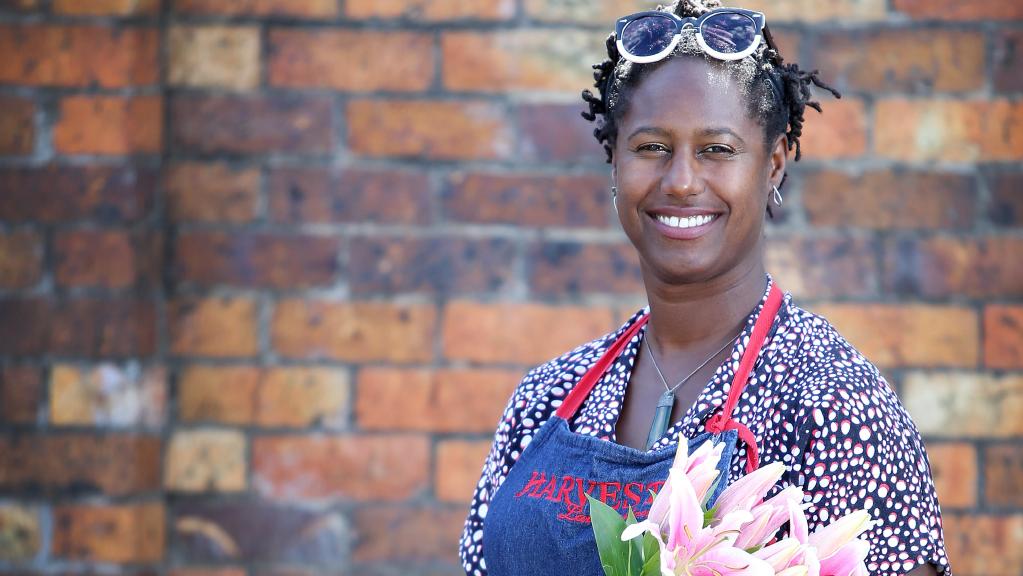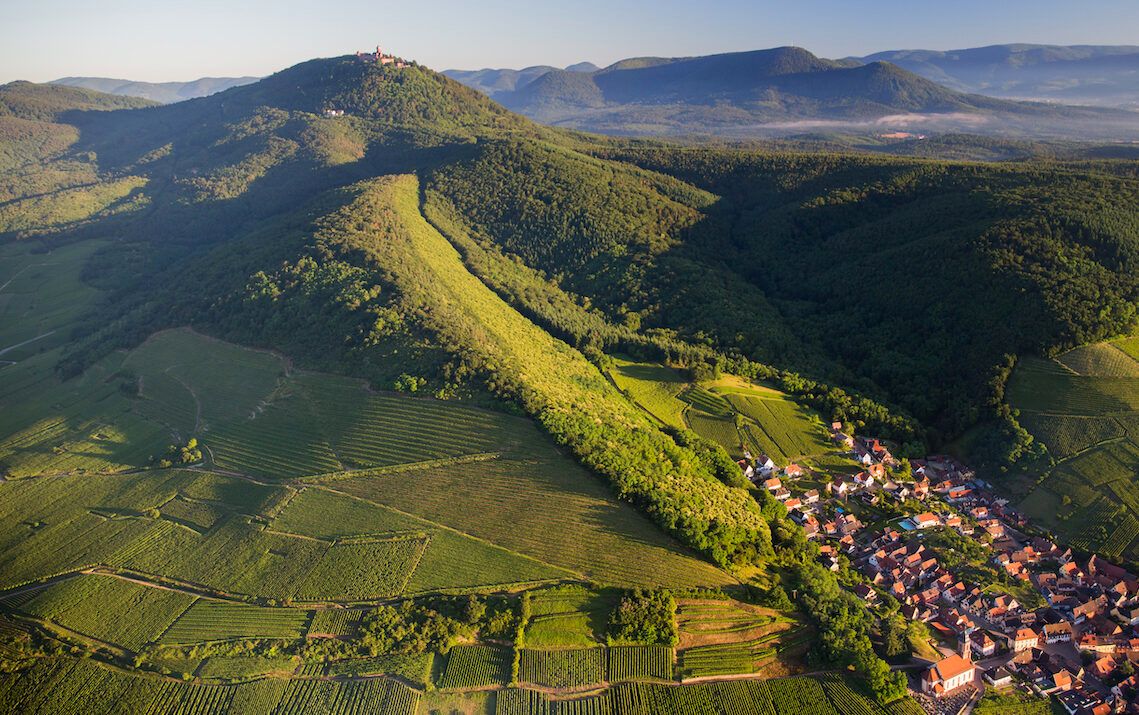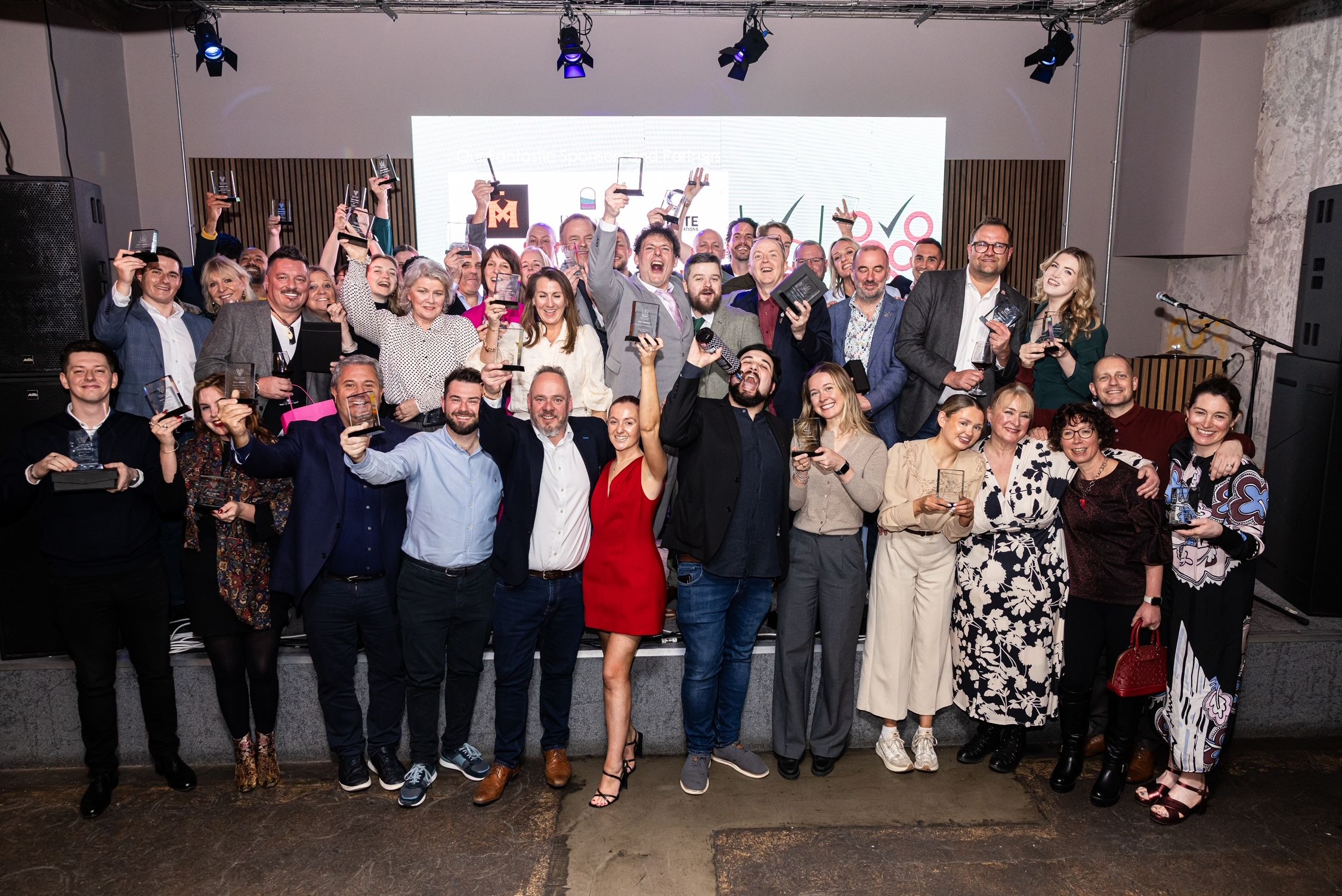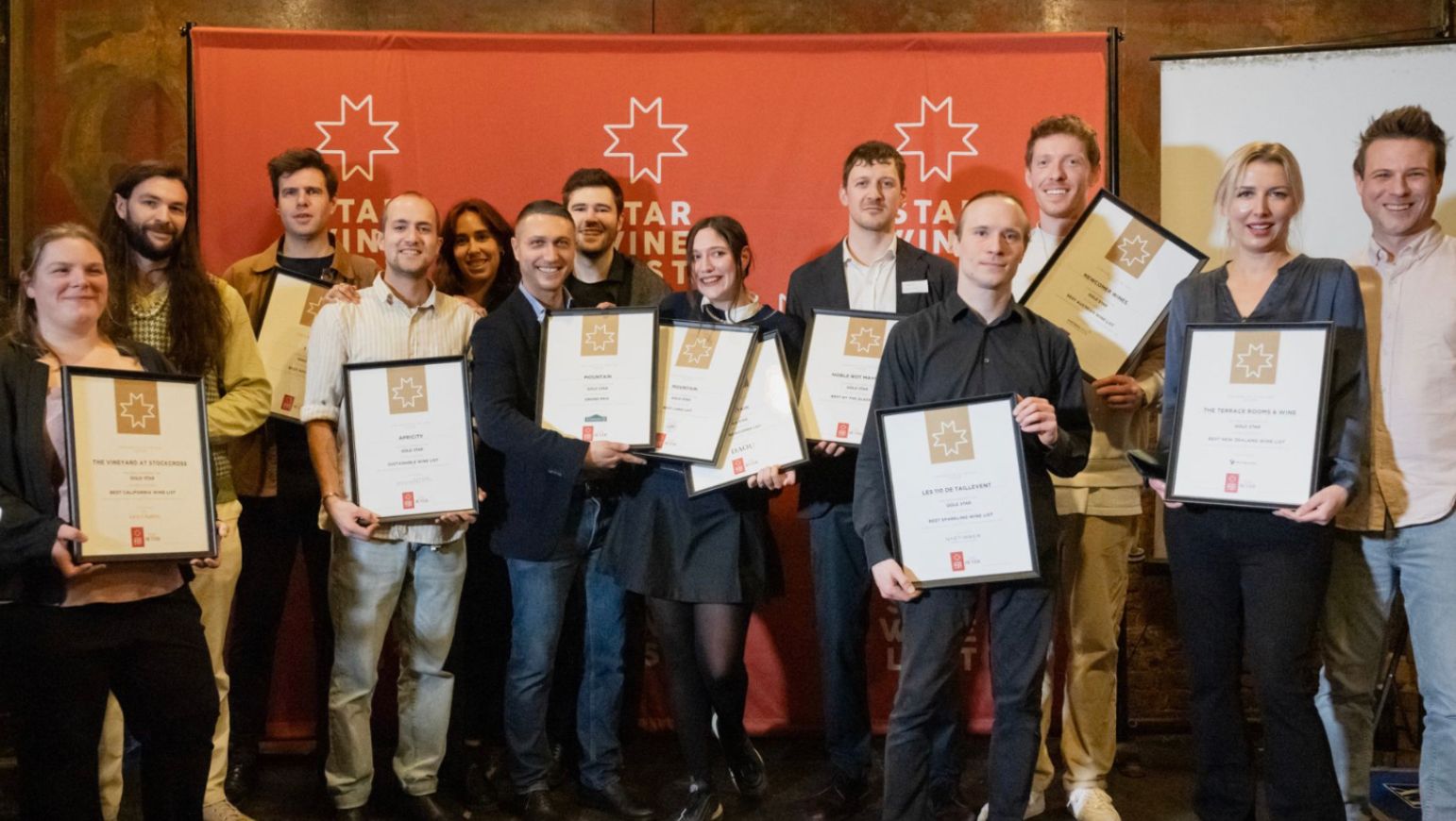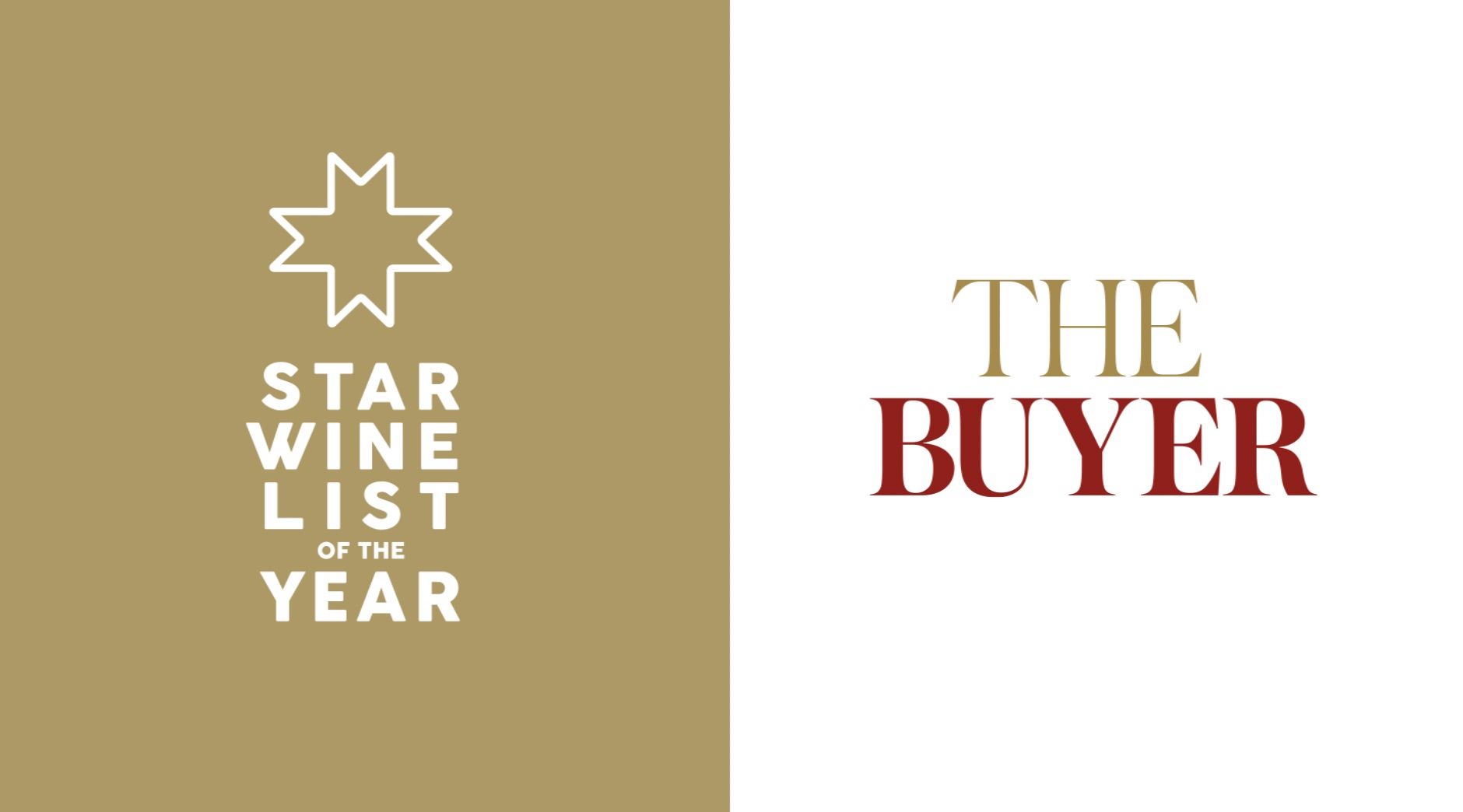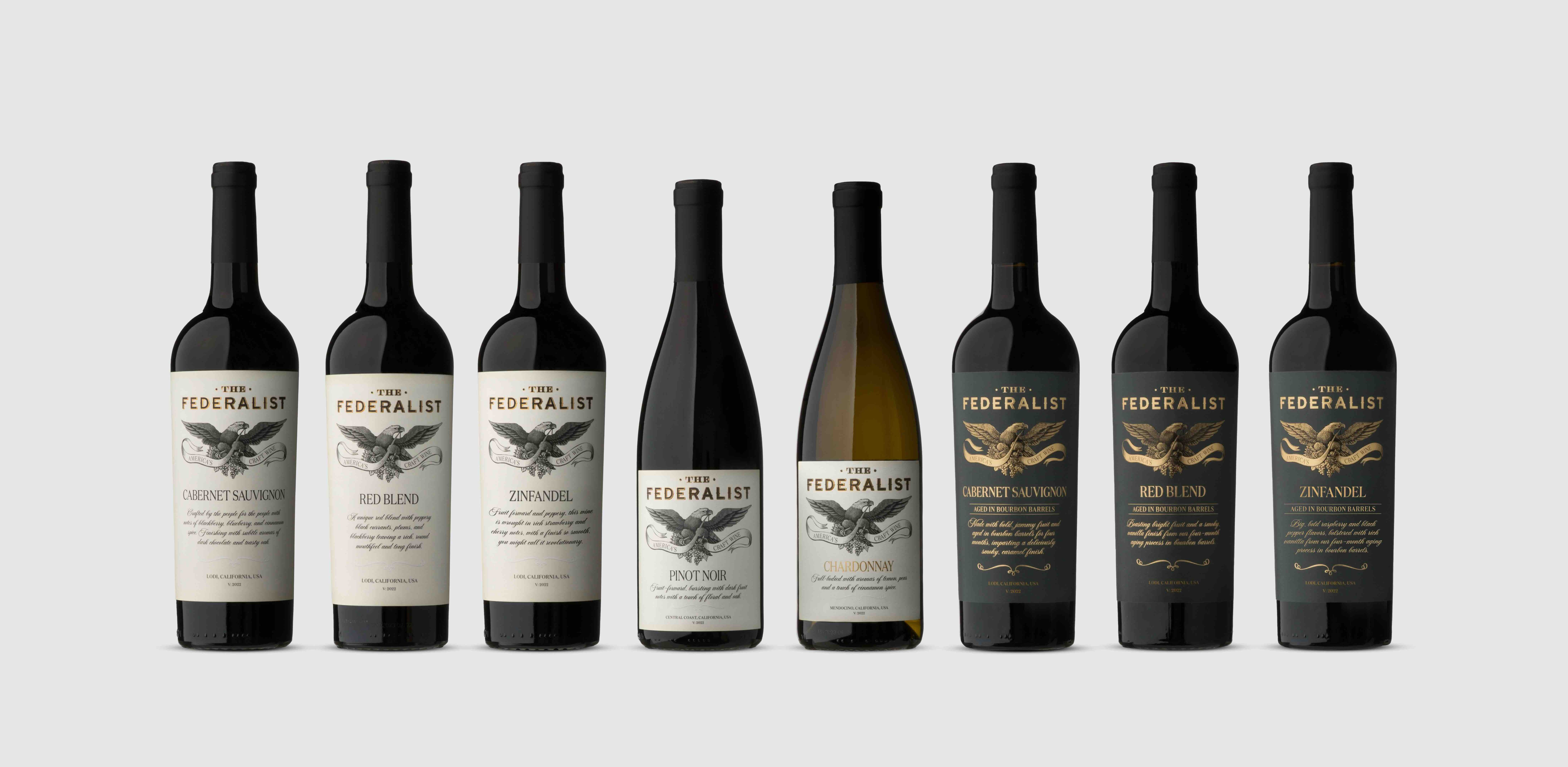The wine sector attracts people for different reasons depending on their expertise and interests. Here Sula Richardson and Curly Haslam-Coates explain what it is about wine that intrigues and impassions them
The late Julian Brind MW was an integral part of the Waitrose wine team for over 40 years. He was also a longstanding judging of the International Wine & Spirit Competition. In order to honour his memory and his many contributions to the wine industry he loved, a special memorial award was set up by the IWSC, in partnership with Waitrose, to recognise some of the next new talents in the sector.
Just being shortlisted is an accolade in itself as it is looks to recognise those individuals “who demonstrates they have the courage of their convictions, dedication to the industry and passion for real wine”. “The recipient,” says the IWSC, “will have established an early track record in their field, be seen to be ‘going places’, and will already be taking part in the wider aspects of the wine trade, showing commitment and determination in everything they do.”
This year’s shortlist includes three such talents: Tom Surgey, sales and business development director for English wine producer, Ridgeview Wine Estate, who we have already profiled on The Buyer; Sula Richardson, consultant at PR agency at Phipps Relations; and Curly Haslam-Coates, a wine and spirit educator in Tasmania. Here we conclude our assessment of the three contestants with short profiles on Sula and Curly.
Sula Richardson
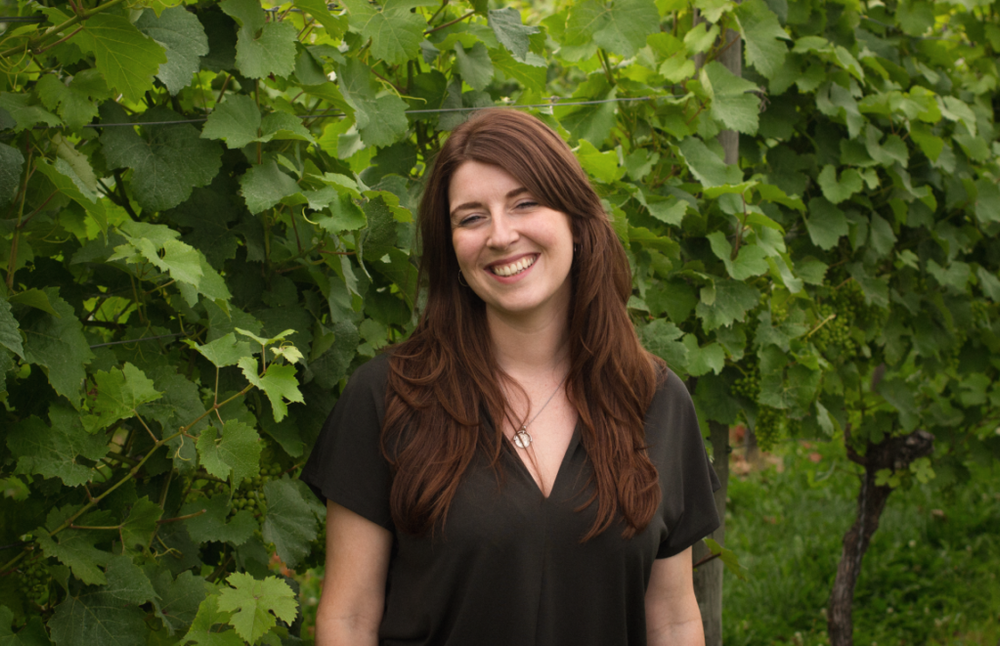
As well as her busy career at Phipps PR, Sula Richardson, has also founded the Women in Wine LDN group
Sula Richardson works at food and drink communications agency Phipps Relations, where she manages accounts for Wines from Rioja, Wines of Germany and Cognac. She also co-founded Women in Wine LDN – an ever-growing professional networking group that actively champions women in the wine industry.
How long have you been involved in wine?
For over 10 years now. It’s been an amazing adventure to date and I’ve been lucky enough to gain experience in retail, education and communications. The drinks industry is always a buzzing hive of activity and attractive to anyone who is looking for an exciting challenge and an interesting cross-section of people.
You’re one of the co-founders of Women in Wine LDN, a networking group for the industry with over 500 members. What inspired you to found the group, and how important is it for women in the wine industry to be championed in this way?
Regine Lee MW, Hannah Van Susteren and I set up the group in 2015 and are truly humbled by the number of members we now have. Back in 2015 I felt like I didn’t have much of a network to call on and I wanted to meet more people working in wine. By nature, I’m a bit of a ‘fixer’; I’m always finding ways to connect people and companies to one another so it felt natural to try to make that happen on a larger scale.
What has been made clear from our first year is that there are incredible women in positions of leadership across the industry and it’s important to provide women with the opportunity to engage across sectors. We believe that the forum we have created provides women with a network to positively impact their professional development. Being knowledgeable about today’s wine industry is very important in getting to the next level in your career, regardless of your gender. It has been empowering and exciting to see this unfold at our events.
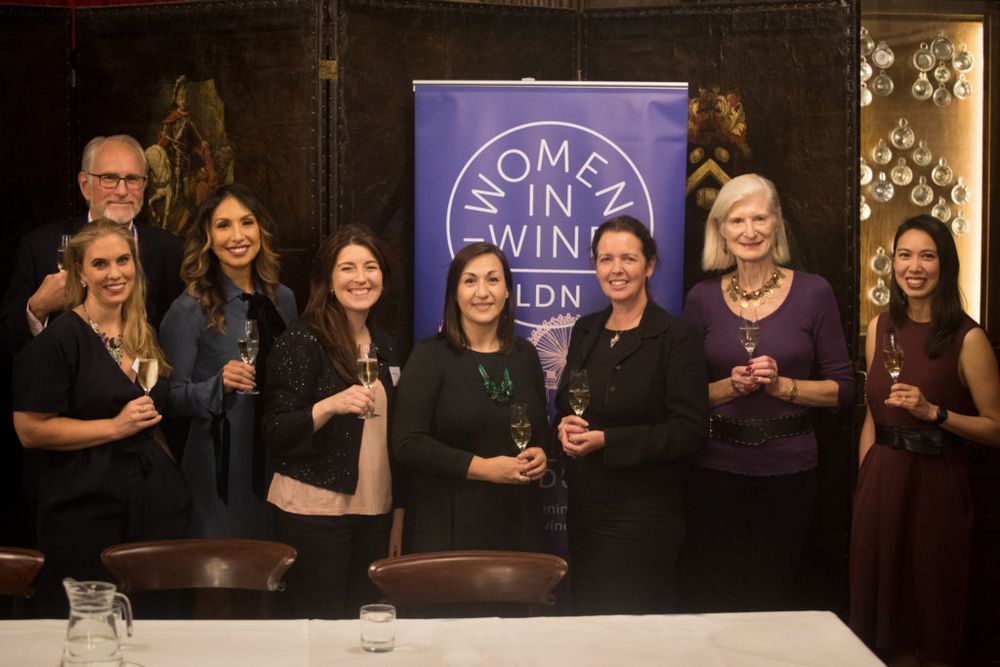
Sula Richardson, centre, one of the founders of the influential Women in Wine LDN organisation.
What’s the best part of your job?
I enjoy generating ideas for campaigns and coming up with ways to make events really engaging. Getting to be creative and challenging myself to make the dream concept become a reality can feel really rewarding. At Phipps, we have produced and managed some huge activations and I’m so proud of everyone’s hard work. All of my roles require me to make connections and build networks to ensure everything we do is a success. I’m happiest when I’m talking to interesting people about their ideas and bringing them on to a campaign or say, an industry discussion that I’m producing. I feel very lucky that I get to work in drinks as a career.
What is your career highlight so far?
Creating Women in Wine LDN, seeing it grow in to the success that it is and an activity that other people really value is wonderful. When I hear that people have gone in to business together after meeting through the group or have become great friends, it really makes all the hard work worthwhile. I’ve worked internationally and produced some complex large-scale events that form some brilliant and memorable career highlights over the years. As a wine person, the joy of strolling through a beautiful vineyard on a sunny day never really gets old.
Who is your wine inspiration?
I have a background in creative industries and still get a lot of inspiration from design publications and the wider media landscape. Looking outside the trade for inspiration can be really useful and I often contact old colleagues who work in branding and advertising to bounce ideas around with. My ‘London family’ inspire me every day and I wouldn’t have got to where I am now without the support and guidance of some key figures in the drinks industry. Finding some great wine and spirits industry mentors early on taught me to listen, learn and to stay humble.
Curly Haslam-Coates
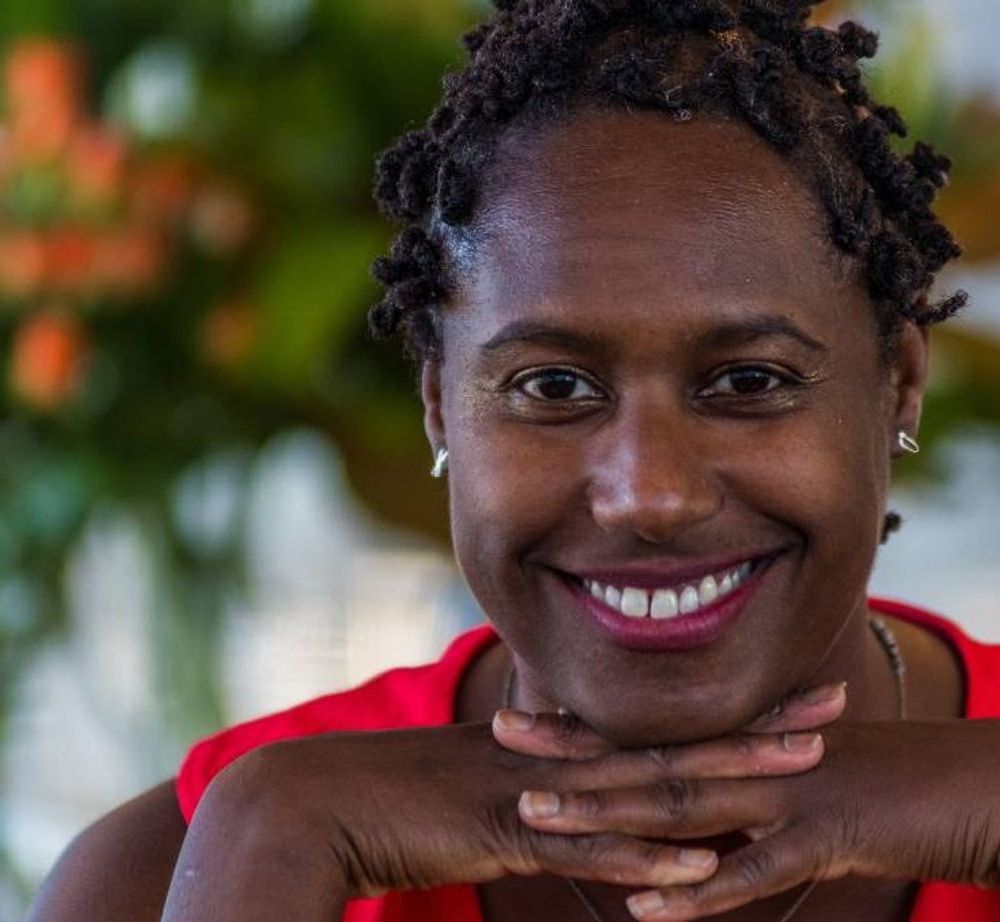
Curly Haslam-Coates is looking to bring her own personality into wine education
Curly Haslam-Coates is a wine and spirit educator located in Tasmania. She has been involved in the drinks industry for over two decades, working in retail, hospitality, and cellar door management, before founding her own wine education company Vintage Tasmania.
How long have you been involved in wine?
I started working in wine at the age of 18 at the Tannin Level in Harrogate. It was a bistro with a wine merchant attached.
Your company, Vintage Tasmania, champions Tasmanian wine around the world. What makes Tasmanian wine so special?
Tasmania is an incredible place to work. In relation to Australia major, the climate allows producers here to make wines that cannot be replicated on the mainland. Our long summer days, cool nights and site-specific vineyards give the perfect conditions for some really elegant, complex and truly delicious wines.
Aside from Tasmania, what do you think are the most exciting countries or regions at the moment?
I am Anglo-Tasmanian, so England still has a very important place in my heart. It has been really exciting seeing the growth in the industry over the last decade and seeing how, in some cases, it has mirrored the growth we see here in Tasmania.
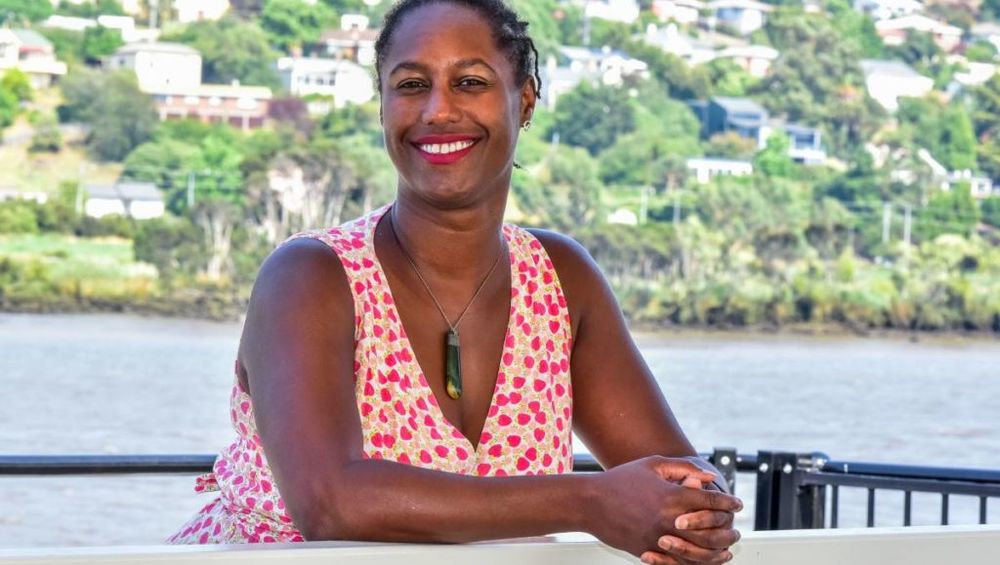
Outside of England, Chile and the wines of southern France intrigue me. Both have had vines grown for centuries, but in the last 10 years the increase in quality of the wines and the focus of producers on utilising local grapes has been a delicious education. Visiting the Bio-Bio, Itata and Malleco regions last year was a real highlight: visiting natural wine producers, seeing their work with Pais and also the viticultural practices in use throughout the regions.
What’s the best part of your job?
Seeing my students find their groove in the wine industry and progress with confidence.
What is your career highlight so far?
Teaching the WSET in Tasmania. The only reason I’m in Tasmania is because of the study trip I took in 2008 thanks to the Vintners Bursary I won for my Level 3 results. Tasmania really grabbed me as a location for sparkling wine production, and to bring the qualifications to Tasmania and also be a part of that growing industry still tickles me.
Who is your wine inspiration?
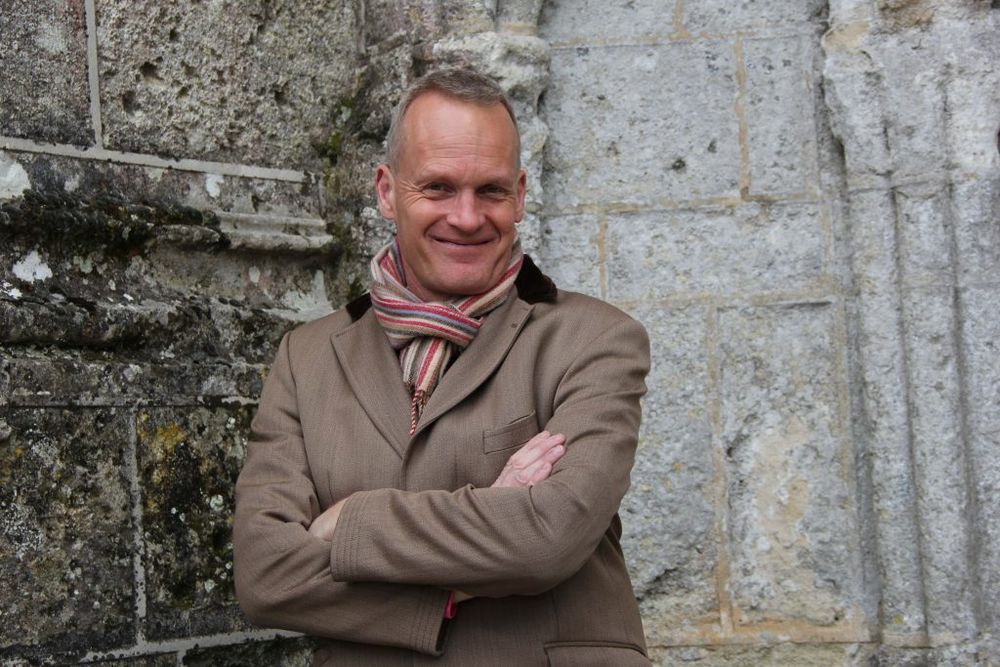
Tim Atkin MW is an inspiration for his ability to “navigate the wine world and stay relevant in a rapidly changing industry”
Other than the Serena Williams of wine, Jancis Robinson MW, I would say Tim Atkin MW. I really admire his professional integrity, honesty and even-handed tone in his writing. Tim’s ability to navigate the wine world and stay relevant in a rapidly changing industry is enviable. I hope to pass on one of the best lessons I have learned from Tim, to be secure enough in my own knowledge and learning gaps that I can always keep an open mind and learn from others.
He’s also excellent at showing belief in his own skill in the way that he cheerfully celebrates the successes of others in the industry and lends a hand to those who he believes have potential.
- The winner of the Julian Brand Memorial Trophy sponsored by Waitrose will be presented at the IWSC Banquet on November 28.
